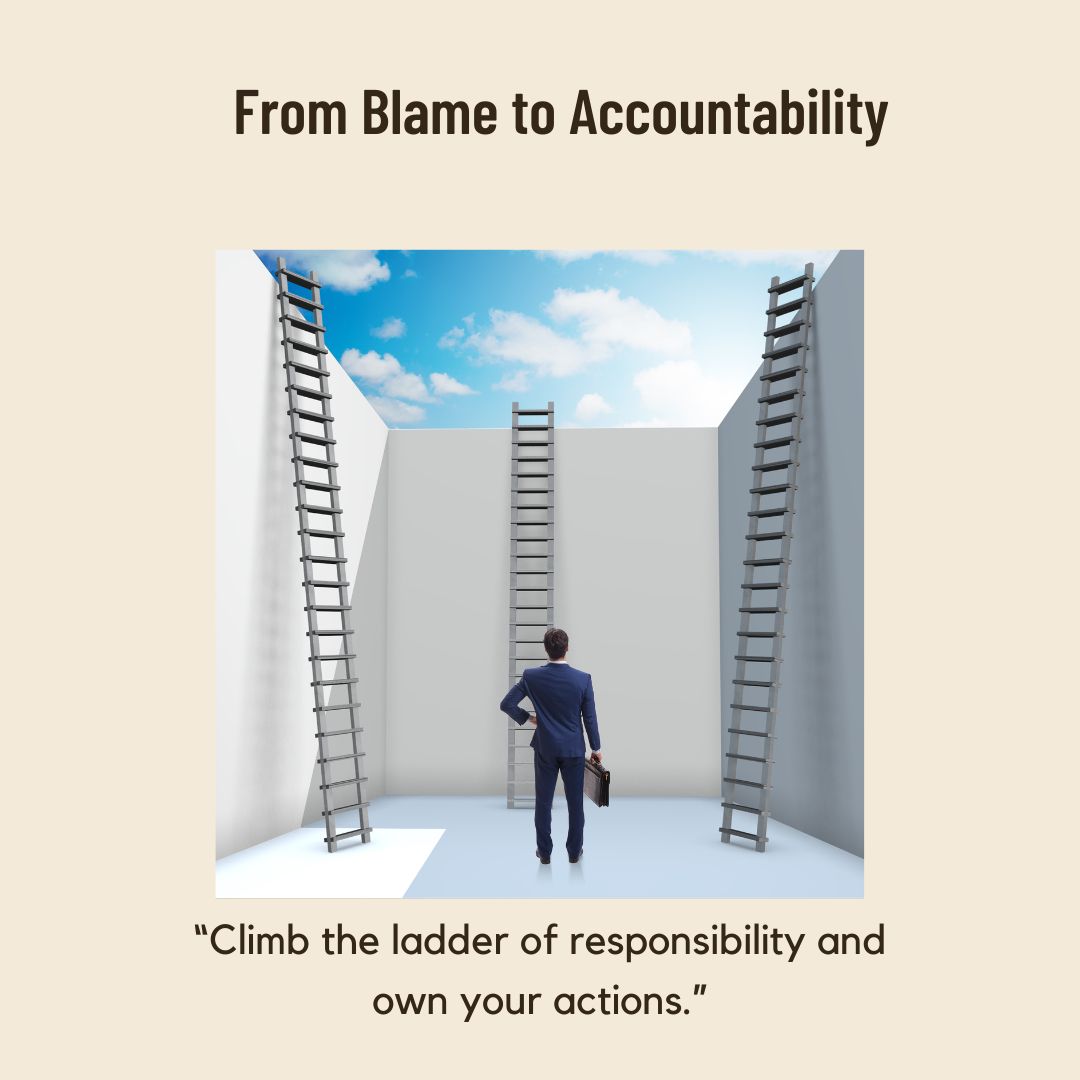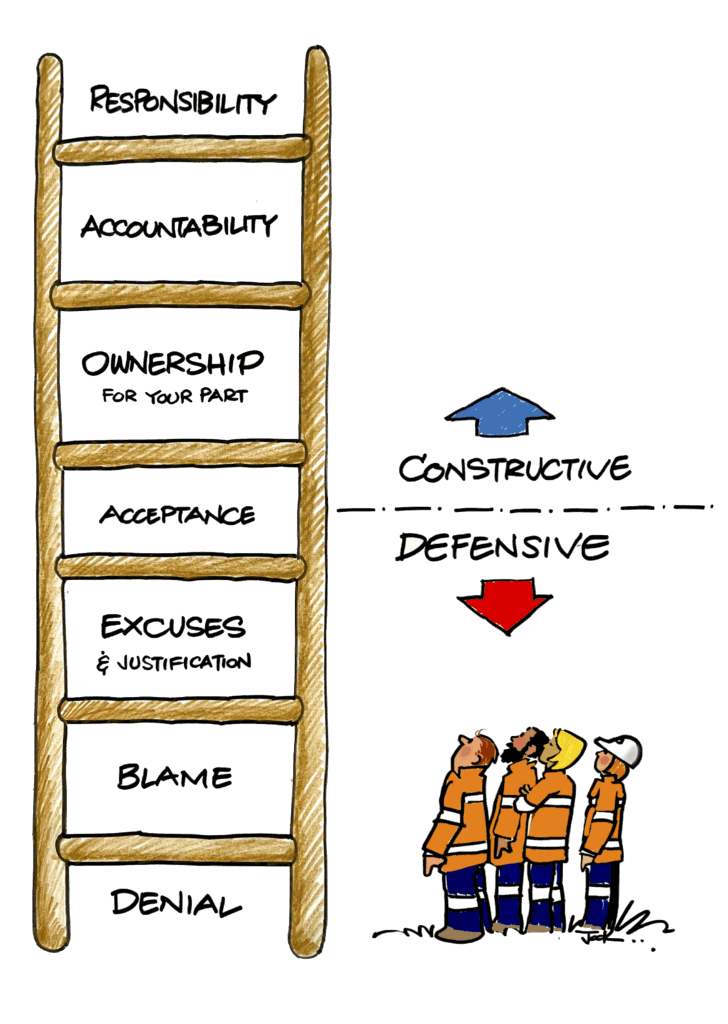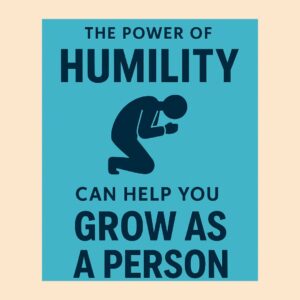Have you ever caught yourself thinking things like:
“It’s not my fault.”
“Why did they do that?”
“That’s above my pay grade.”
It’s easy to fall into this mindset — but the truth is, the blame game does far more damage than we realise.
It eats away at your effectiveness.
It undermines your performance.
It erodes the trust others have in you.
When we’re caught up in excuses or denial, we avoid the real issue. Instead of fixing problems, we justify them. We protect our ego but lose our impact.
Think about politicians — masters of the blame game. How much do we trust them? Probably not much. That same dynamic quietly plays out in workplaces and families across Australia every day.
The Hidden Cost of Blame
Blame is seductive because it offers short-term relief. It lets us off the hook. But in the long run, it traps us in frustration and helplessness. The more we blame, the less control we feel, and the less capable we become.
A responsibility mindset is the opposite. It’s rooted in personal growth and accountability. It recognises that while we can’t control everything, we can always choose our response. That choice, however small, is the essence of self-leadership.
The Constructive Ladder: A Model for Change
Over the past 30 years, I’ve shared a simple yet powerful model that helps people recognise their thinking patterns and shift toward constructive behaviour. It’s called The Constructive Ladder — a framework used in leadership development that also works brilliantly for personal growth.
The ladder shows two broad patterns of thinking:
Defensive mindsets: denial, blame, excuses
Constructive mindsets: ownership, accountability, responsibility
Instead of being stuck in “black-or-white” thinking, The Constructive Ladder helps you see progress as a gradient. You’re not “good” or “bad” you’re simply somewhere on the ladder, learning to move upward.
This is where mindset and behaviour change truly begins.
Five Ways to Move from Blame to Ownership
Check where you are.
We all move up and down the ladder depending on the situation. Right now, are you stuck in blame or stepping into ownership? Awareness is the first step toward change.Measure your personal power.
Ask yourself: Am I waiting for someone else to fix this, or am I taking action myself? The more you depend on others to act, the lower you are on the ladder. True accountability and ownership come from taking charge of what you can control.Ask the magic question.
“What can I do about it?” This simple question reclaims your power. It shifts focus from problems to possibilities — a key to developing accountability skills and emotional intelligence at work.Focus on progress, not perfection.
We all slip into blame now and then. What matters is how quickly you notice and climb back up. Growth happens in the climb, not in staying still.Track your balance.
People who spend more time in constructive thinking are more effective, trusted, and respected. Those who linger in blame lose credibility and influence. Building trust at work and at home begins with consistency.
Responsibility Is Power
Responsibility isn’t about fault — it’s about power.
The more responsibility you take, the more influence you gain.
When you stop focusing on what others did wrong and start focusing on what you can do right, you become a catalyst for change. You build trust. You strengthen relationships. You lead yourself and others more effectively.
This is what self-leadership Australia is all about — taking ownership of your mindset, your choices, and your results.
Take the First Step
Next time you catch yourself in blame or excuses, pause and ask:
What can I control here?
What can I do about it?
You’ll be surprised how quickly things shift when you take ownership.
As the philosopher Epictetus once said:
“It’s not what happens to you, but how you react that matters.”
Taking responsibility is not a burden — it’s liberation. It’s the foundation of personal growth and accountability and the key to creating a workplace responsibility culture that thrives on trust and integrity.
Call to Action:
Reflect on one area of your life where you’ve been waiting for someone else to act. Then ask yourself the magic question: “What can I do about it?”
That’s the moment you start climbing your own Constructive Ladder.
Related Resources
- 📖 Book: Listening – A Guide to Building Deeper Connections – available in paperback, eBook, and audiobook.
🎯 Coaching: Book a personal session for personalised support.
💼 Leadership Tips: Subscribe to the Team Focus newsletter here.







